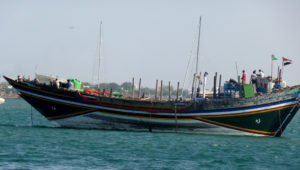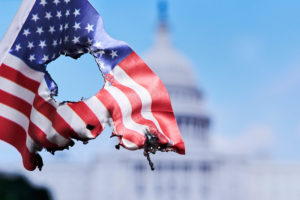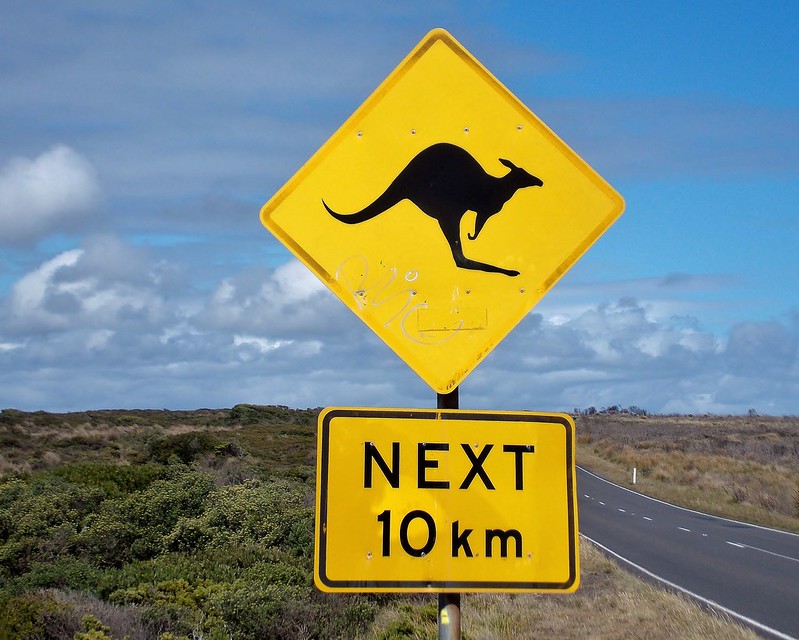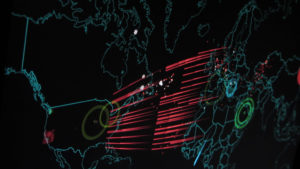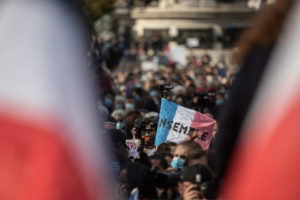Letter from La Vigie dated 17 FEB 2021
Fear and strategy
Fear is now omnipresent in our societies. It is both a source of great comfort but also a source of deep anxiety. However, this attitude refuses to consider progress and only sees the dangers, where risks should be taken. Fear is defeatist and hinders any strategic project.
To read the article, click here
Algerian bastion
Very close to us, Algeria seems to be stuck in a situation of general stagnation which worries all those close to it. The end of non-receipt of the Stora report, the effervescence of its neighbours and the cautious restraint of its major partners are all symptoms of a strategic transition that cannot be found.
To read the article, click here
Lorgnette: Asia and democracy
The repression in Hong Kong last summer (LV 146 and 155) highlighted a trend that can be observed throughout the Asian continent: the retreat of democracy.
In the Philippines, for example, R. Duterte was elected in 2016 and his populism continues to threaten democratic gains. For several months now, Thailand has been experiencing regular demonstrations against King Rama X, which gradually aim to break away from the traditional constitutional monarchy to weigh more directly on the country’s affairs. On 1st February, a coup d’état in Burma brought the government of Aung San Suu Kyi to heel and she herself was arrested.
This development is taking place under a double influence: on the one hand, the Chinese example which shows the strong manner in which the Uighurs have been fought in Xinjiang, or recently in Hong Kong and, from longer time, in Tibet; on the other hand, the exhaustion of the Western democratic model, whether under the American era of D. Trump or under the unconvincing performance of the Europeans.
Let us increase our virtue before giving lessons to the world, because if our model no longer attracts, it is our responsibility.
JOCV
Subscribers: click directly on the links to read online or download the pdf number (here), always with your login/password. New reader: read the article in the issue, by clicking on each article (2.5 €), or by subscribing (discovery abo 17 €, annual abo 70 €, orga abo 300 € HT): here, the different formulas.
Photo credit : SplaTT on VisualHunt / CC BY-NC

